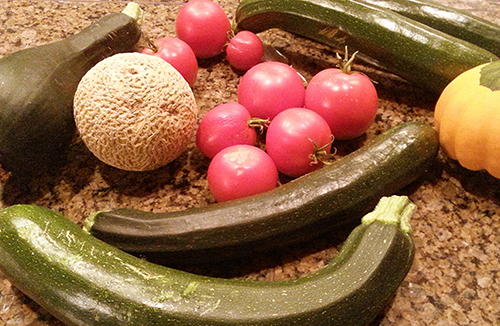
If you ever sensed that organic sales tactics didn't seem to be totally honest, objective and unbiased, then you're smarter than many consumers, according to Organic Marketing Report by Academics Review.
The group's website says it is "an association of academic professors, researchers, teachers and credentialed authors from around the world who are committed to the unsurpassed value of the peer review in establishing sound science."
"Fear sells" is the very unpolitically correct message that comes from the report's analysis of more than 100 published academic studies looking at the methods and messages used to promote and sell organic foods in the U.S.
In fact, many of the conclusions in Organic Marketing Report are damning indictments of intentional deception. Bring up a few of them at the next school PTA potluck dinner and you're likely to be the most-remembered person there:
- It is not uncommon for prominent employees of organic product companies to be affiliated with pro-organic, nongovernmental [activist] organizations. The report gave several specific examples.
- Food safety and health concerns are the main drivers of organic purchases by consumers.
- Food scares and health risk concerns are key components to organic market growth.
- Some organic industry CEOs, marketing directors and research consultants believe the industry should engage in fear-based marketing.
- Organic marketing campaigns that imply or directly assert food health and safety risks from foods produced using conventional practices are pervasive throughout the industry.
- A widespread pattern exists of intentionally deceptive marketing and advocacy related practices in the organic and natural products industry.
- Their objective is to create concerns about personal health and food safety to get consumers to switch from more affordable conventional foods to higher priced organic products.
- There are strong indications that a multi-decade public disinformation campaign has been conducted with the implied use and approval of the U.S. government-endorsed USDA Organic Seal.
- As a result, it concludes that American taxpayers are playing a role in misleading consumers into making organic purchasing decisions that are based on false and misleading health, safety and quality claims.

The author has served large Western dairy readers for the past 37 years and manages Hoard's WEST, a publication written specifically for Western herds. He is a graduate of Cal Poly-San Luis Obispo, majored in journalism and is known as a Western dairying specialist.








